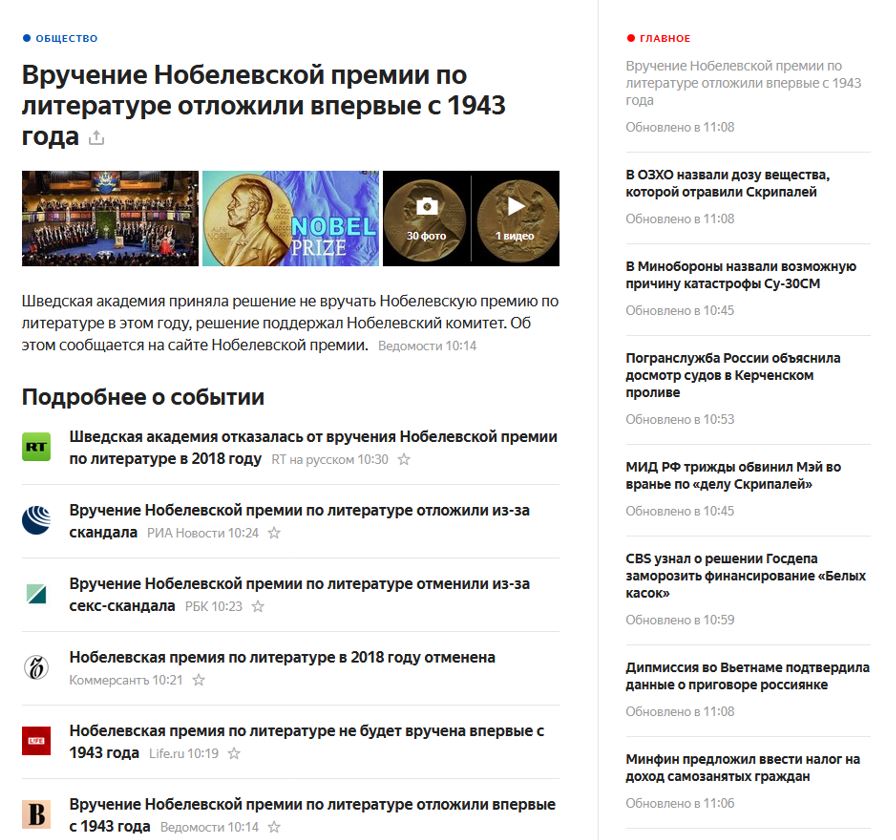In the May edition of DRS seminar Dr. Mariëlle Wijermars, a postdoctoral researcher from UH and a DRS research group member, presented her study. She explored the ways to measure the impact of Russia’s news aggregator regulation that entered force in the beginning of 2017. The aim of regulation was to hold news aggregators liable for the veracity of the news they share. Links to news items that originate from registered media outlets are, however, exempt from liability. As a result, news aggregators, such as Yandex News, were quick to adept their algorithms to avoid legal claims. Adopted under the pretense of combating the dissemination of fake news, the law thus effectively enables the Russian state to influence the dissemination of news online through already existing media regulation structures. Wijermars analysed to what extent the law creates a mechanism for censoring online news coverage of significant political events. In the talk, an overview of the Russian online news and social media landscape and research on patterns of news consumption among different generations of Russians was also given. Wijermars assessed the measure’s potential impact on online news consumption on the short term, e.g., by narrowing the number of alternative views offered and consumed, as well as the long term implications for the Russian online news landscape.

